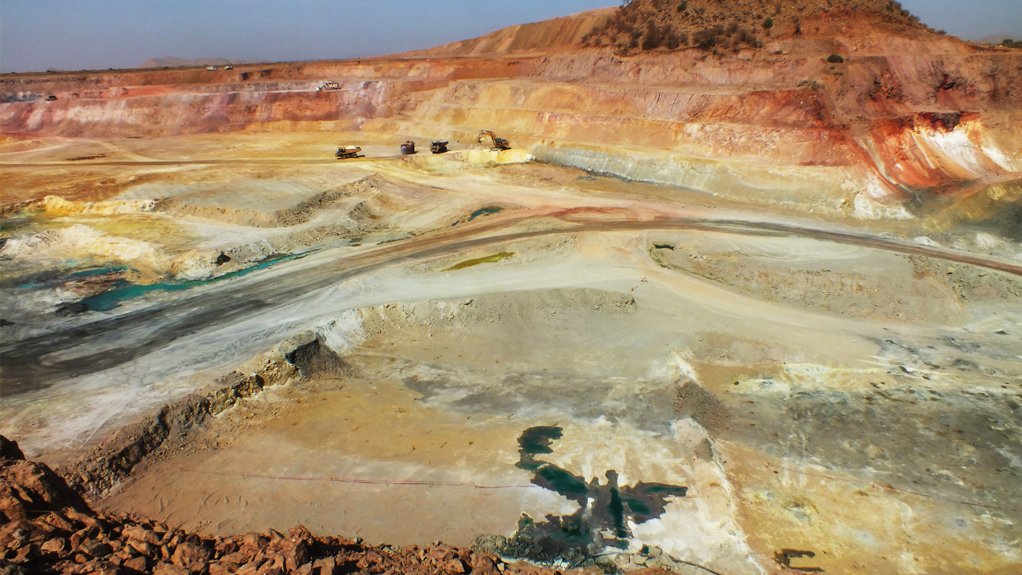VANCOUVER (miningweekly.com) – The British Columbia Supreme Court on Thursday rendered a precedent-setting decision allowing Eritreans to bring civil action against Nevsun Resources.
While the court refused to allow a class-action claim to proceed in court, Nevsun said it would consider appealing a court decision allowing three plaintiffs to bring forward a lawsuit regarding allegations of human rights abuses on Nevsun property.
The decision impacts every Canadian oil or mining firm operating internationally and places their project-level actions under the microscope. The case will enter murky legal territory as the case raises novel and complex legal questions, including on international law, which have never before been considered in Canada.
The TSX- and NYSE MKT-listed company stressed that the judgment makes no findings on the plaintiffs’ allegations, including whether any of the actions amounted to human rights abuses taking place at the Bisha mine.
The case involves three Eritrean workers alleging Nevsun was involved in the Eritrean government’s use of slave labour. The plaintiffs argue they were forced to work at Nevsun’s Bisha copper/zinc mine, in Eritrea.
Vancouver-based Nevsun said it was studying the court’s decision and considering an appeal of the decision that the action can proceed at all.
The Canadian court has been loath to enforce its jurisdiction to try Canadian companies for alleged criminal acts that took place in other countries.
Nevsun said it remains confident that its indirect 60%-owned Eritrean subsidiary, Bisha Mining Share Company (BMSC), operates the Bisha mine according to international standards of governance, workplace conditions, health, safety and human rights. It highlighted contractual commitments in place that strictly prohibit the use of national service employees by BMSC’s contractors and subcontractors.
PREVIOUS CHALLENGES
Nevsun is one of three Canadian mining companies that have had civil actions brought against them in Canadian courts over cases that occurred in other countries.
TSX-listed HudBay Minerals faces three separate claims, which include claims of rape and murder committed by security forces acting on behalf of HudBay at Guatemala’s Fenix mine, which it acquired through a merger in 2008 and sold in 2011.
Seven Guatemalans accused fellow TSX-listed miner Tahoe Resources of using excessive force with a private security force employed by Tahoe at its Escobal silver mine when breaking up a violent protest. In the Tahoe case, the British Columbia Supreme Court dismissed the case, deferring the case to Guatemala courts. The CCIJ has appealed that decision on the Guatemalan protestors’ behalf.
Edited by: Samantha Herbst
Creamer Media Deputy Editor
EMAIL THIS ARTICLE SAVE THIS ARTICLE
To subscribe email subscriptions@creamermedia.co.za or click here
To advertise email advertising@creamermedia.co.za or click here













